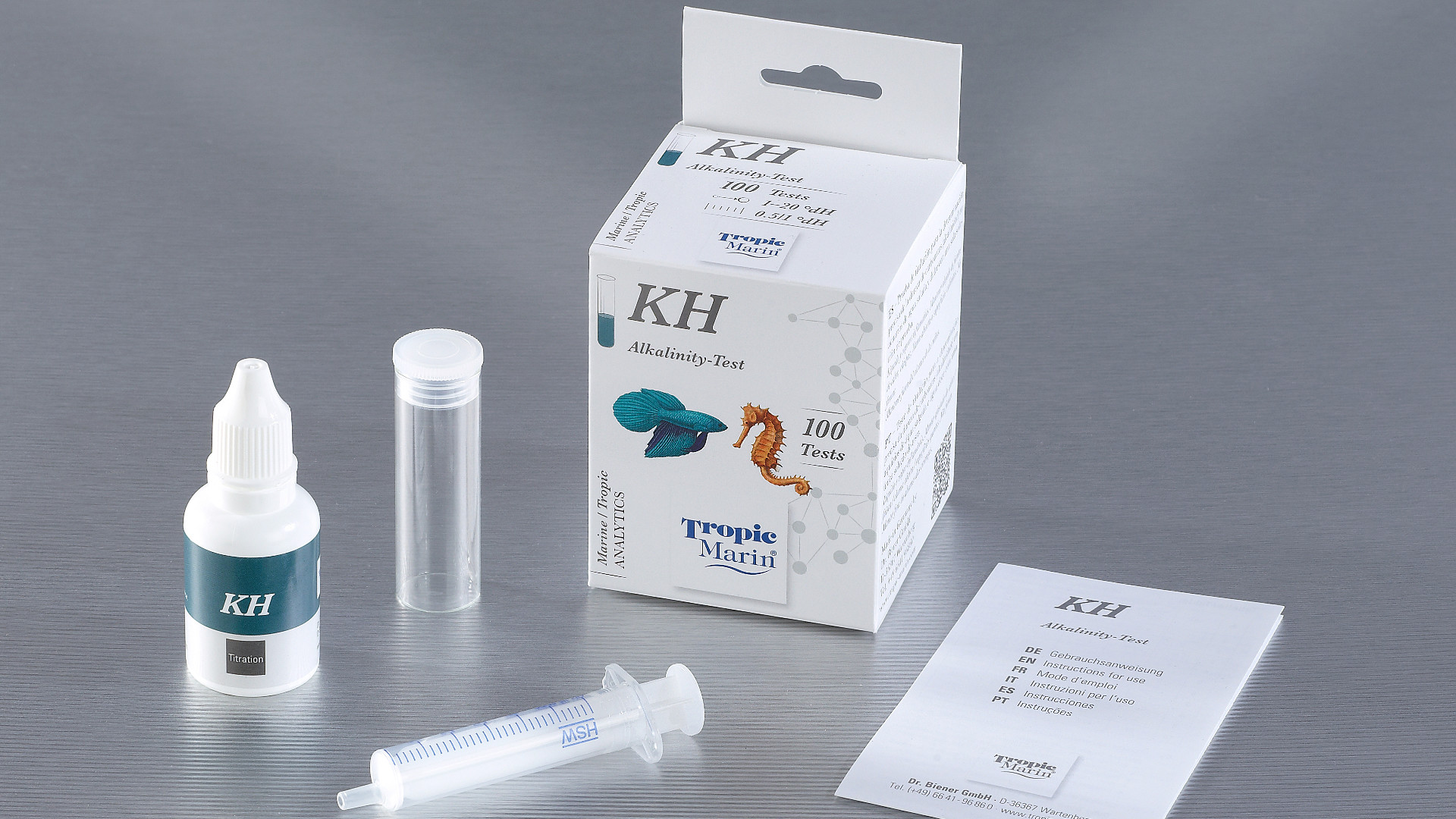What's So Hard About Water?

What makes water “hard” or “soft” and how much does it matter? Let's start with how much does it matter. In truth, most easily available freshwater aquarium fish are now aquacultured, and have been for many generations. The vast majority of these fish are farmed in water that is on the hard end of the spectrum, as such, they will be fine in moderately hard water. Even for fish that this does not describe, many soft water fish will do just fine in harder water as long as they are acclimated to it slowly. There are exceptions to this rule. Many wild caught fish like Discus will require soft water, especially if you are interested in breeding them.
Water is hard when it has a lot of dissolved minerals in it, the most common being calcium. In the vast majority of cases as it relates to keeping your aquarium, hard water also has a relatively high pH. (High pH is called basic, and has a pH number higher than 7). Because of this mineral content, it is hard to lower the pH or soften the water without a reverse osmosis filter. Mineral content acts like a buffer, and the water will resist attempt to change the pH. There are commercial “water softeners” for household use and these will make water feel “soft” but in reality, most of them are just exchanging the calcium in the water for another ion, and thus ineffective for aquarium purposes. The best way to deal with hard water in an aquarium is to choose fish that like it. The pH stability and ease of access to hard water is a benefit to the many hobbyists who choose to embrace it. Some excellent stocking choices for hard water aquariums are: African (rift lake) Cichlids, many Central American Cichlids, Mollies, Swordtails, Guppies, Platies, Tetras, Plecostomus, Synodontis, some Killifish, some Rainbowfish, and most Gobies. These all either prefer hard water, or will do just fine in it long term.
Conversely, water is “soft” when it lacks many dissolved chemicals. As a result it is generally low in pH and this value is easily swayed, especially in a downward direction. (Low pH is called acidic and is represented by a pH lower than 7). This is one of the drawbacks of soft water aquariums; the frequently require large, or constant water changes, or chemical buffer additives to prevent them from pH swings. For these and a few other more technical reasons, it is generally more advantageous, especially for newer aquarium enthusiasts, to have a harder water aquarium. All this being said, there are some species that cannot be kept, or bred in harder water aquariums and the prime example is wild caught Discus, and to a less extreme extent, Apistogramma ramezi, or the German Ram Cichlid. There is also a whole group of fish that can be kept in harder water, but will exhibit their best health, and thus color / vibrancy in softer water. Among these fish are Harelquin Rasboras, African Killifish, and all of the most brilliant tiny tetras (though they do well in hard water and still look stunning, just maybe less by a degree). While most Rasboras will also do fine in hard water, Bob Fenner was always of the opinion that they looked best in soft water displays.
In a nutshell, if your water is hard, but not excessively so, you can keep almost any aquarium fish you want (just avoid wild Discus and Rams) as long as you acclimate them slowly. For those of you with very soft water (which is going to be a very small percentage of the people who read this), we suggest adding buffers to it for stabilizing before keeping most fish. If you're an advanced hobbyists with this condition, well, embrace it and keep an aquarium full of fish that love soft water! The last question here is how do I know if I have hard water or not? The easiest way to deal with this, is to take a sample of whatever water you are going to use in your aquarium with you to your Local Fish Store, ask them to test it, and tell them that Aquatropic sent you!